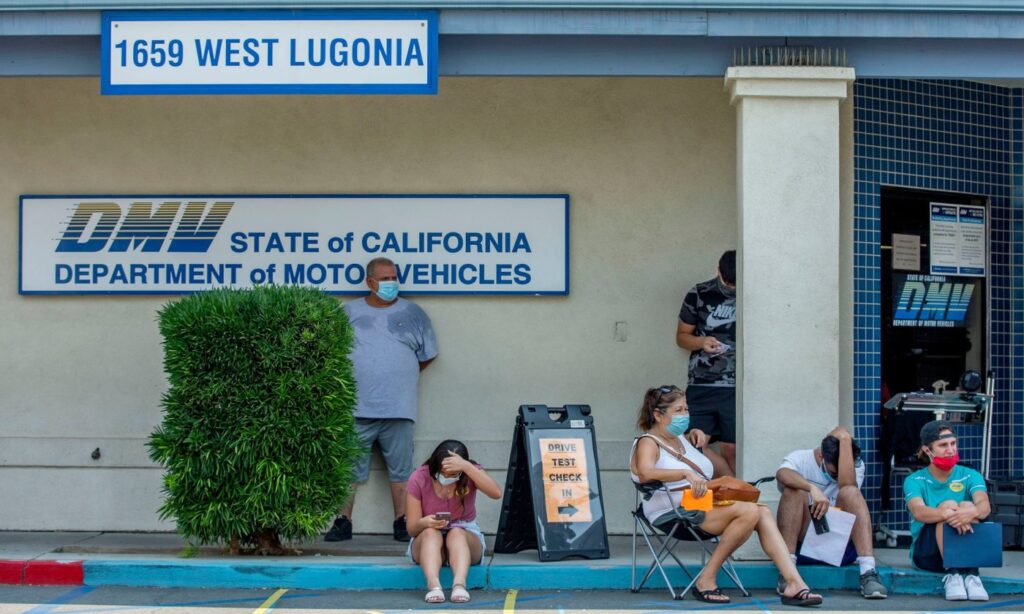
The method used by the California Department of Motor Vehicles to suspend the drivers’ licenses of some motorists arrested for driving under the influence is unconstitutional, an appellate court has ruled.
Typically, the DMV conducts suspension hearings for some DUI defendants in which the “judge” also acts as the department’s “prosecutor.” Only rarely do the drivers win.
A three-member panel of the Second District Court of Appeal ruled Friday that the dual role of the hearing officer/advocate creates an unacceptable risk of bias — a decision that could affect tens of thousands of hearings a year. According to the DMV, 123,548 people were arrested for driving under the influence in 2017 and 4,944 arrested for felony drunken driving statewide.
“Combining the roles of advocate and adjudicator in a single person employed by the DMV violates due process under the Fourteenth Amendment and the California constitution,” justices wrote. “The hearing is adversarial, and the hearing officer’s role involves both advocating on behalf of the DMV and acting as fact finder.”
DMV spokesman Chris Orrock said the department is reviewing the appellate ruling and would not comment further.
Anyone arrested for driving with a blood alcohol content of 0.08% or beyond automatically loses his or her driver’s license to the DMV for one year — but they have 10 days to request an administrative hearing. This is outside any criminal proceedings.
The hearing is conducted before an officer, who also presents the DMV’s case for suspension, acting as a prosecutor of sorts.
The potential for bias spurred the California DUI Lawyers Association to file a lawsuit in 2014.
“For years we have been arguing that it’s not fair,” said Donald Bartell, a director with the association and DUI lawyer from Riverside. “They get to present their case and then decide if it’s credible. … You can’t wear two hats.”
Bartell noted that the hearing officers don’t necessarily have the last word. Their decisions can be changed by management.
“People lose their jobs — truck drivers, airline pilots, police officers. These are high stakes cases for lots of people,” he said. “I’ve been doing DUI defense for over 30 years, this is probably the biggest case in the field.”
Bartell said the DMV has postponed all hearings this week in light of the appellate ruling.
The DMV could take the appellate decision to the state Supreme Court.
Meanwhile, the DMV is on the hook for $2 million in legal fees to the opposing side, appellate justices ruled.
